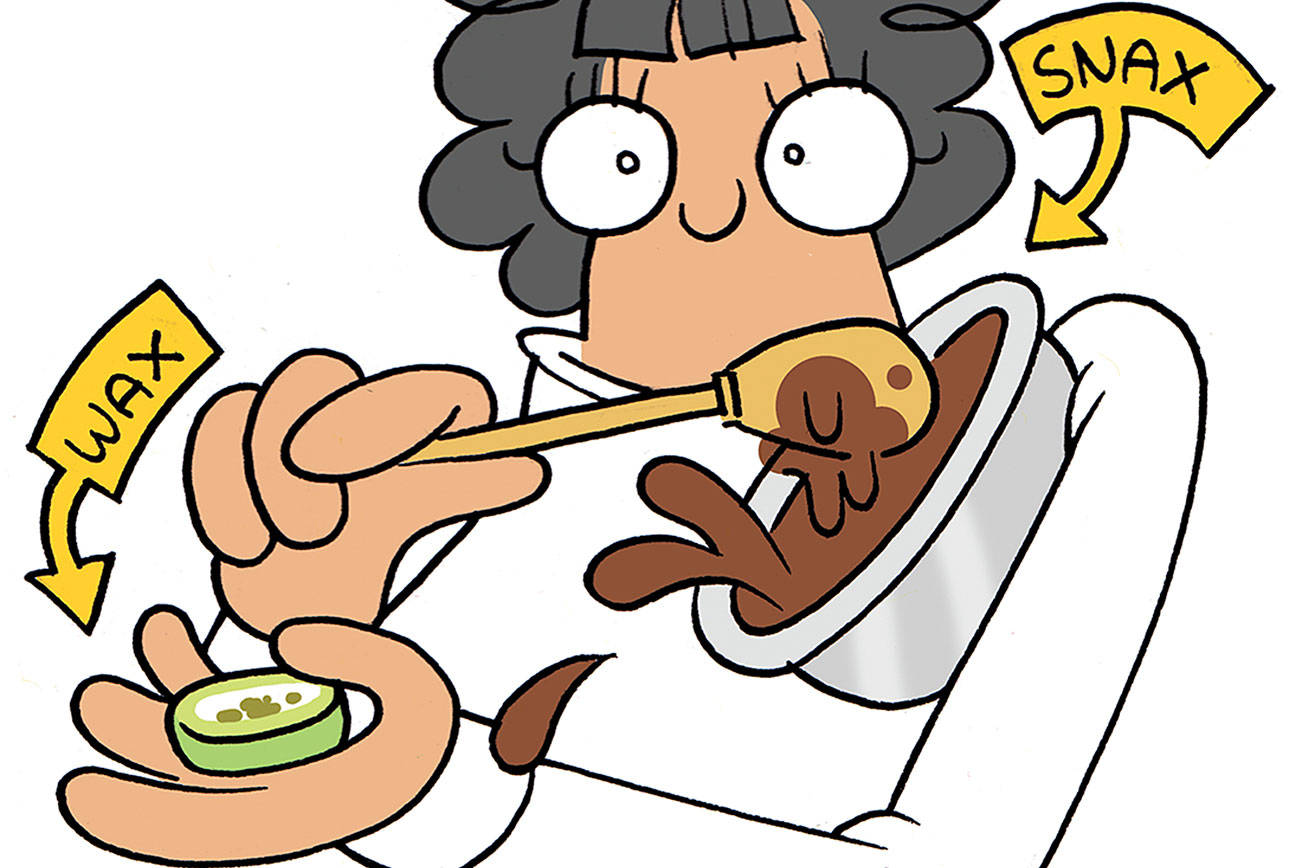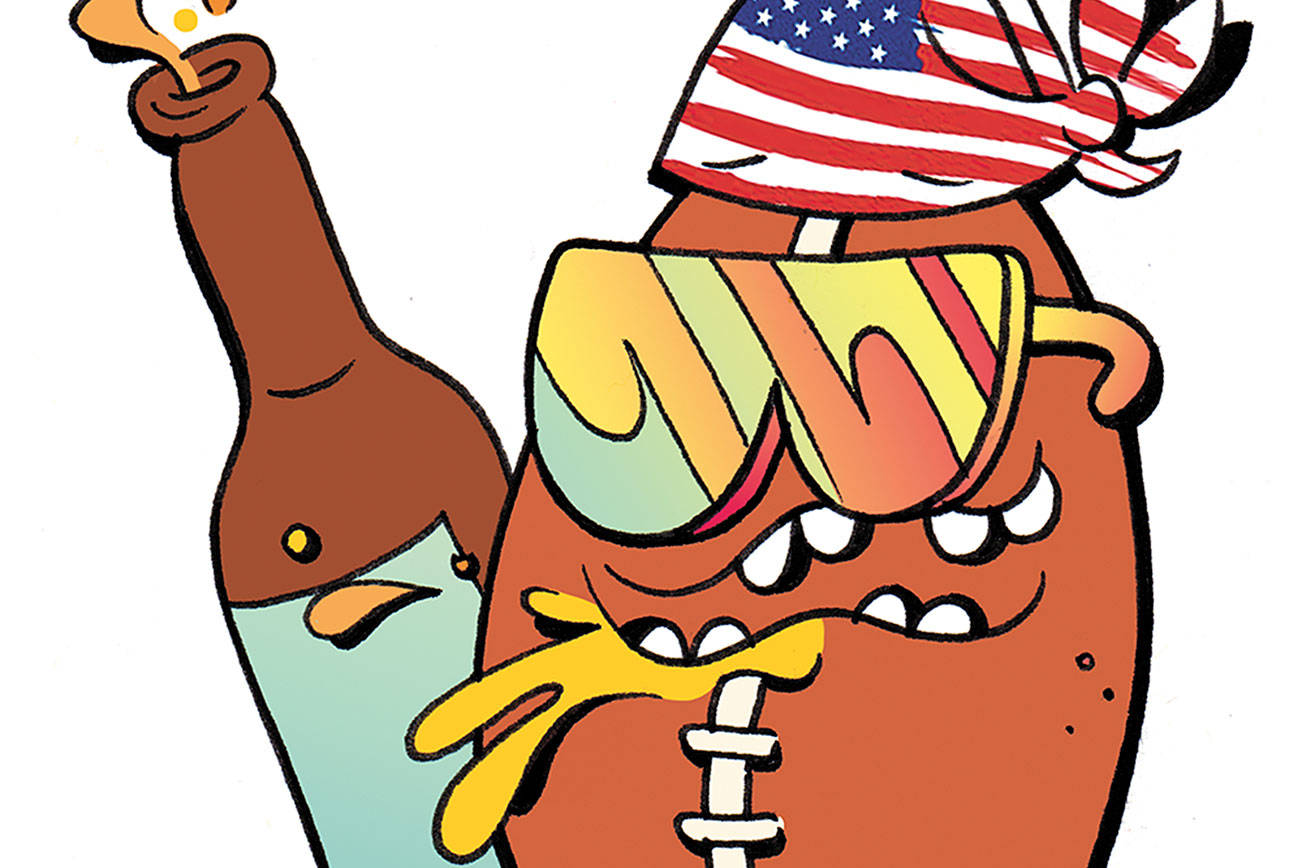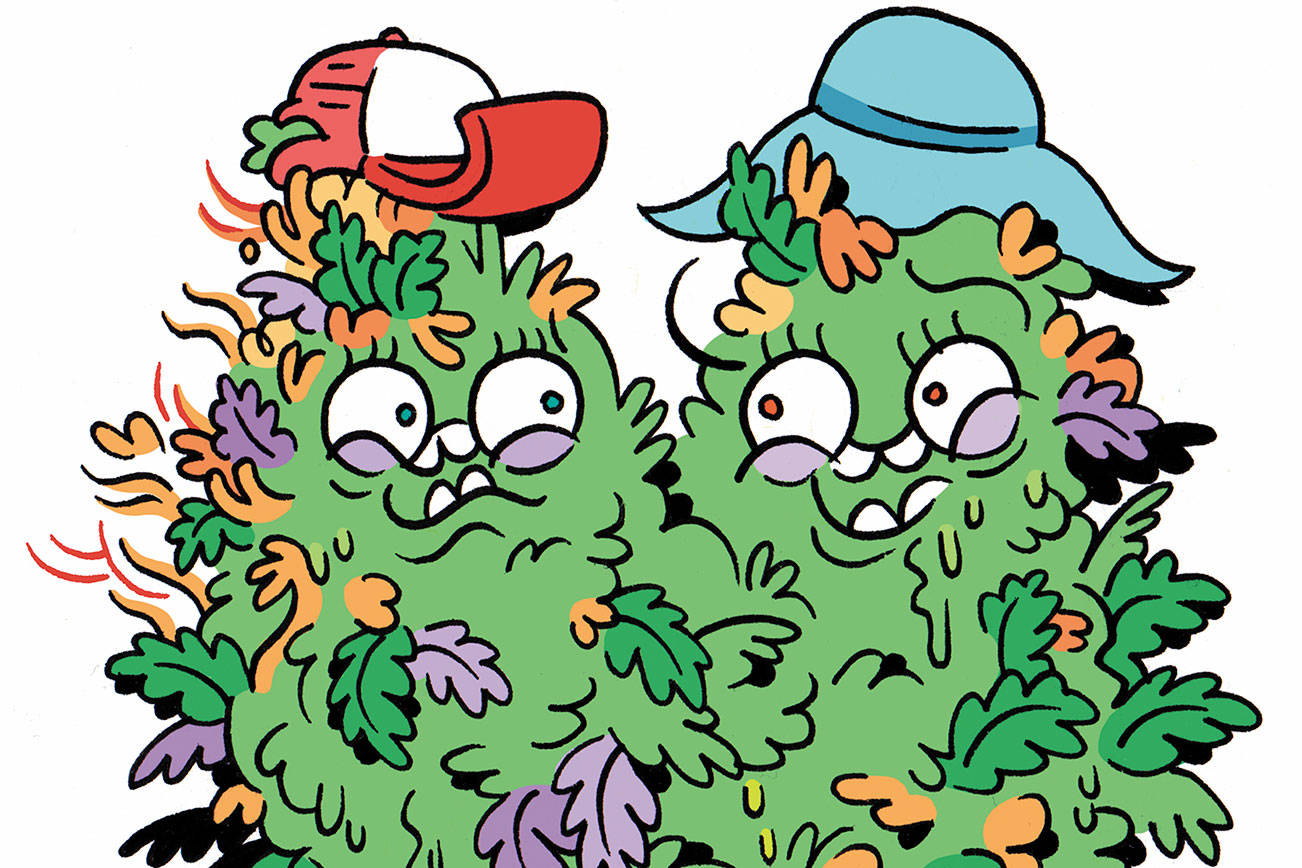Getting high at work is a touchy subject for obvious reasons (it can get you fired, you become a huge liability, it makes the baby Jesus cry, etc.). Yet people are doing it. In 2014, CNBC reported that approximately 10 percent of Americans went to work high. And mounting colloquial evidence suggests that for some people, it might actually be a good idea. There has been basically no scientific research on the effects of getting stoned before or during work, but many—from construction workers to CEOs—are claiming it’s the best way to help them get through their day.
Critics use hypothetical examples, like not wanting their surgeon to be high during an operation or not wanting bus drivers to be stoned on the road. But these jobs (and other technical occupations) already have restrictions on substance use. However, for folks who work in less-high-risk environments, cannabis can be an open door into creativity and productivity. Execs use it to brainstorm. Teachers use it to relax. Artists use to get “in the zone.”
Some industries that require mandatory drug testing are starting to see their prospective employee pool shrink. In 2014, FBI relaxed its no-tolerance policy when it struggled to staff its cybercrime unit because it couldn’t seem to find a single hacker who didn’t also smoke weed. Sean Luse, CEO of the Berkeley Patient Group marijuana dispensary, told CBS News, “A lot of people are leaving or simply not applying [to these companies] because of these policies.”
Weirdly stuck in the middle of all this mess? Insurance companies. Honestly, I don’t normally sympathize with those guys too much, but they really are in a strange position: trying to cover and represent people while still following the law, which is constantly changing. In classic capitalist style, it may end up being insurance companies that push forward more medical-cannabis research in this country, simply to have the numbers to properly bill their customers.
Currently it is still legal in all parts of the country to fire someone for being high at work. Employers still have the right to drug-test their employees and insist on a workplace “drug-free” of federally illegal substances, and that includes cannabis in all states. Compare this: It is illegal for a company to have a blanket policy concerning any prescription drug. In most cases, it is illegal for the employer to even ask about them. Further, there is no set policy for testing for habitual versus occasional cannabis use, as cannabinoids can be found in the system long after the effects of getting high have worn off. This is creating a confusing legal gray area, as cannabis can be prescribed by a doctor in states that have legalized medical usage.
Within the next few years, we may see all this tested. If a person with a prescription is fired for using cannabis on the job, they could file discrimination claim or a wrongful-termination suit. That might result in legal decisions that lead to a quantum leap forward in the nation’s attitude about workers’ cannabis rights.
stashbox@seattleweekly.com







